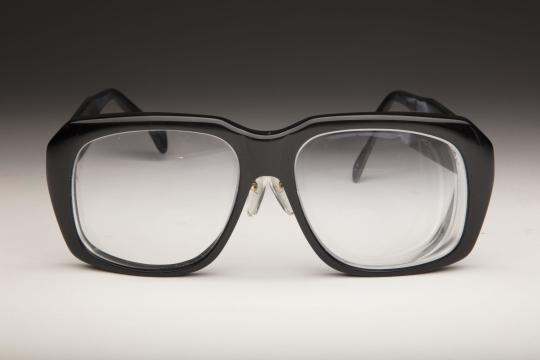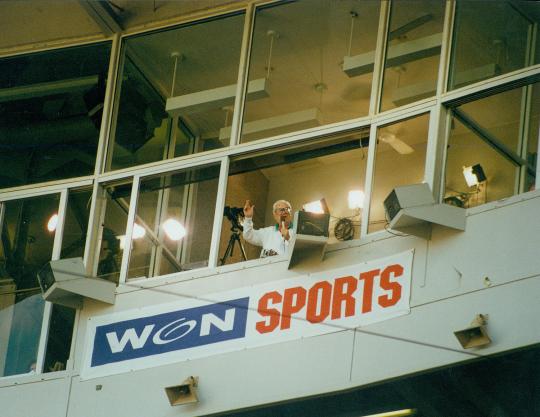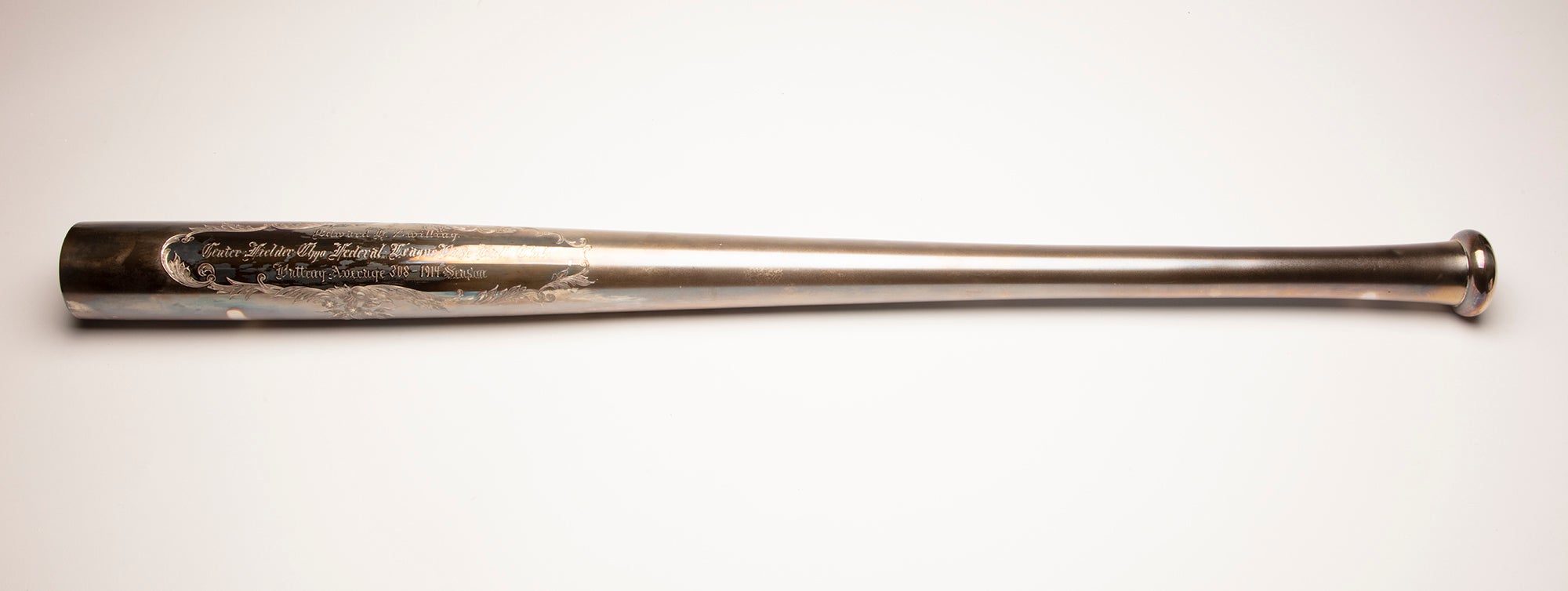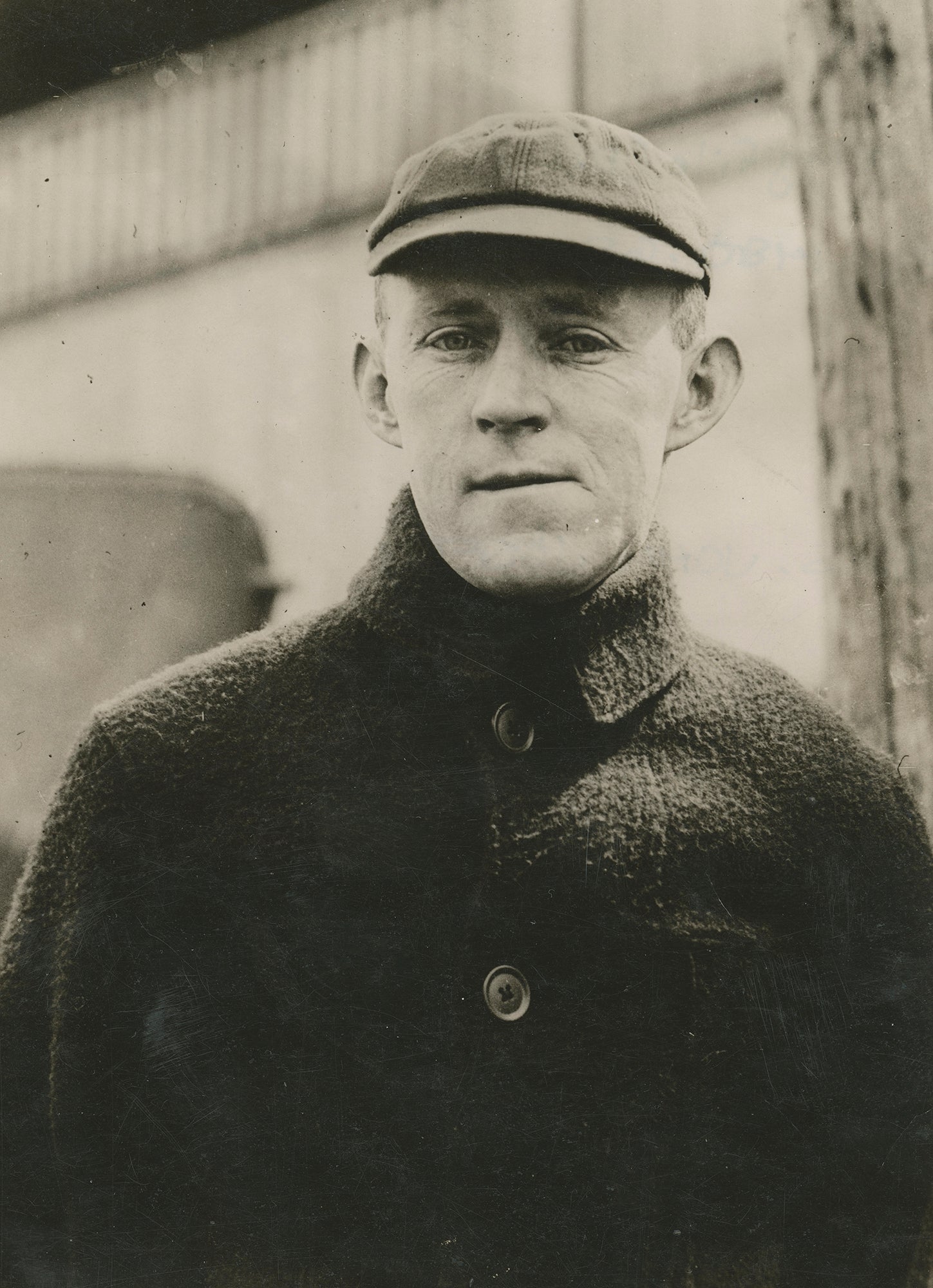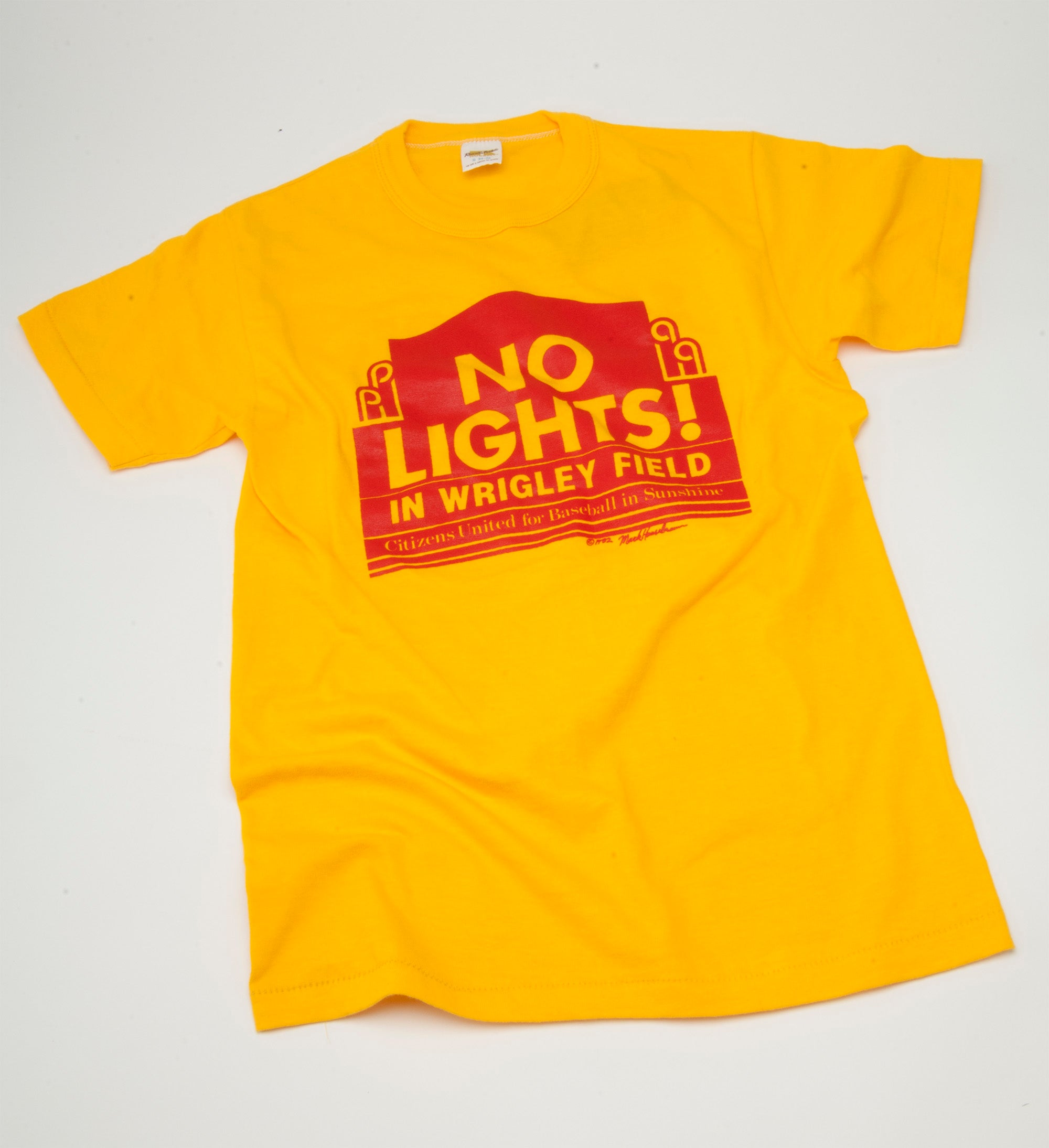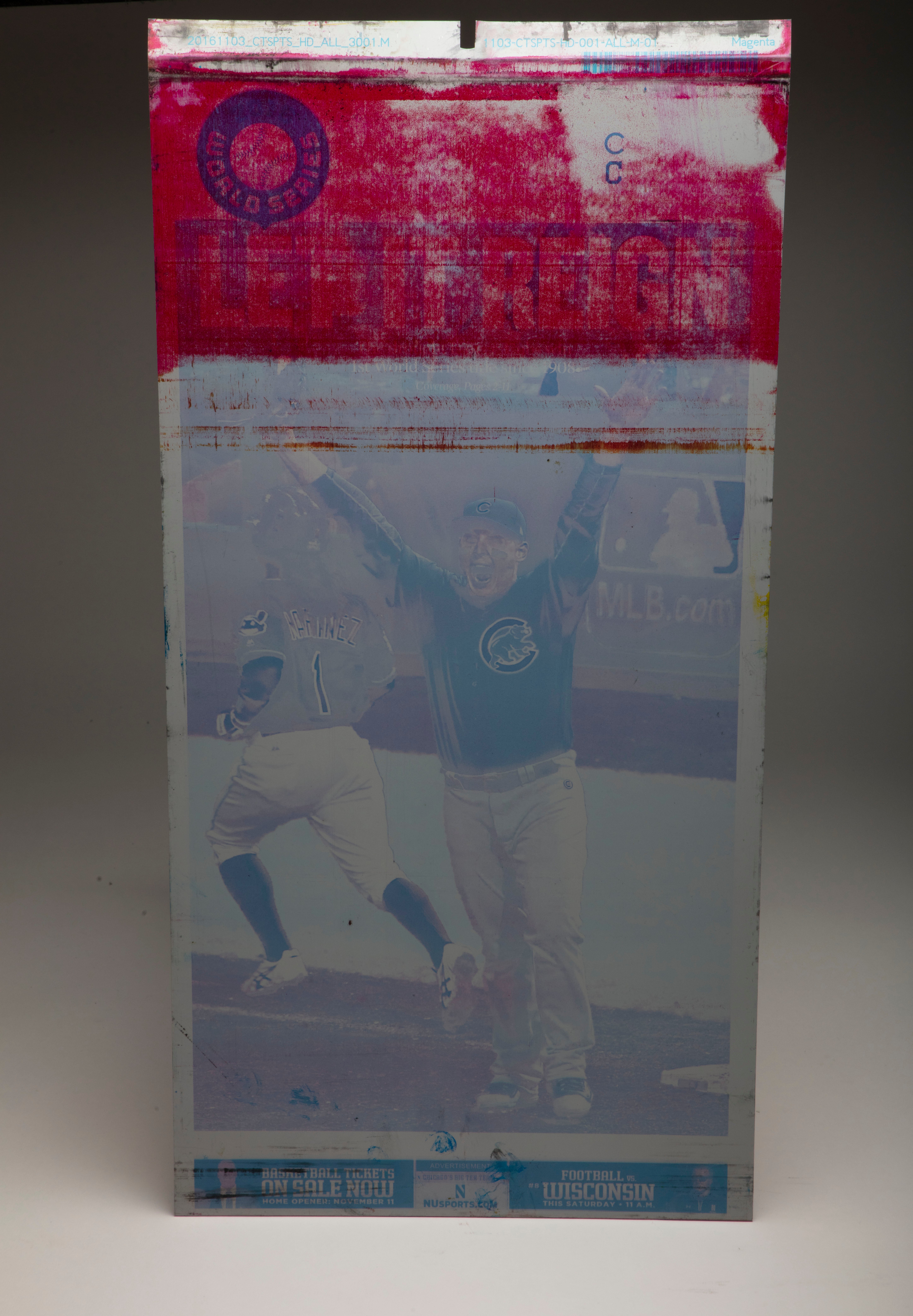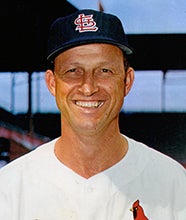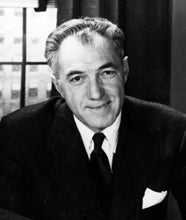- Home
- Our Stories
- #Shortstops: Glasses Full for Harry Caray
#Shortstops: Glasses Full for Harry Caray
“Hello again, everybody, it's a bee-yoo-tiful day for baseball,” is what the long time and iconic Chicago Cubs announcer Harry Caray would say before games at Wrigley Field, as he tried to put hope in the hearts of Cubs’ fans to help them believe that a World Series Championship was someday possible.
Even though he was best known as a Cubs announcer, the man whose signature glasses wound up in Cooperstown helped him see more games than even the most avid fan.
For 25 seasons, Caray called games for the St. Louis Cardinals, only to be hazed by players who one day stole his glasses and dumped ice down his shirt.
But that was not the worst of it. He was eventually dismissed by management because they didn’t like his style.
Hall of Fame Membership
There is no simpler, and more essential, way to demonstrate your support than to sign on as a Museum Member.
“I was born and raised in St. Louis and I was a Cardinals fan all my life, so you can imagine what a fulfillment of a dream, broadcasting Cardinals games,” Caray told the St. Louis Post-Dispatch. “I did that for 25 years.”
Caray wasn’t the typical announcer. He didn’t say what players wanted to hear; instead, what the fans wanted to hear.
At least one titan of the Cardinals, Hall of Famer Stan Musial, appreciated Caray.
"He said it like it was," Musial told the St. Louis Post-Dispatch in 1998. "I guess some of the ballplayers were perturbed, but he was a fan…he didn't mean anything by it.”
Still, after a quarter of a century calling their games the Cardinals ownership group let Caray go, calling it a “marketing decision.”
“I was expecting a gold watch, and instead I got a pink slip," he famously said to the St. Louis Post-Dispatch in 1986.
The next chapter in the life of Harry Caray went on to see him become one of the most adored and copied announcers in baseball.
The big personality with the signature large glasses had to grow up at a young age, selling newspapers on the street in Missouri to support himself.
He had to fight his way to become an announcer.
Few would believe the man who could get 40,000 to sing “Take Me Out to the Ball Game” would elicit such passion, but that’s exactly what transpired when he was finding his way with the Cardinals.
"I jumped up and slammed my hand on the desk and said, 'Do you think you can read your paper if I'm broadcasting a game,’” Caray said in Voices of the Game, trying to explain why he should be in the booth. “'And isn't that what you want someone who makes you pay attention to the broadcast and nothing else?'"
After his time with the Cardinals, Caray had short stints announcing for the White Sox and the Oakland Athletics.
But then he found his true home – with a city and a fan base that not only accepted him but loved him.
Caray cared deeply about the fans and felt as if the experience was for them. His style was to call the game as if he was a fan because he wanted to tap into their minds, bring them closer to the game, and do something that no other announcer would even think about doing.
Wherever he went, his glasses, “as thick as the bottoms of Bud bottles,” he said in his book Holy Cow, became as much a trademark as his unmistakable voice. Those glasses are now preserved at the Hall of Fame, and Caray is there too – having won the Museum’s Ford C. Frick Award for broadcasting excellence in 1989.
Sam Slackman is the 2022 licensing, sales and marketing intern in the Hall of Fame’s Frank and Peggy Steele Internship Program for Youth Leadership Development

